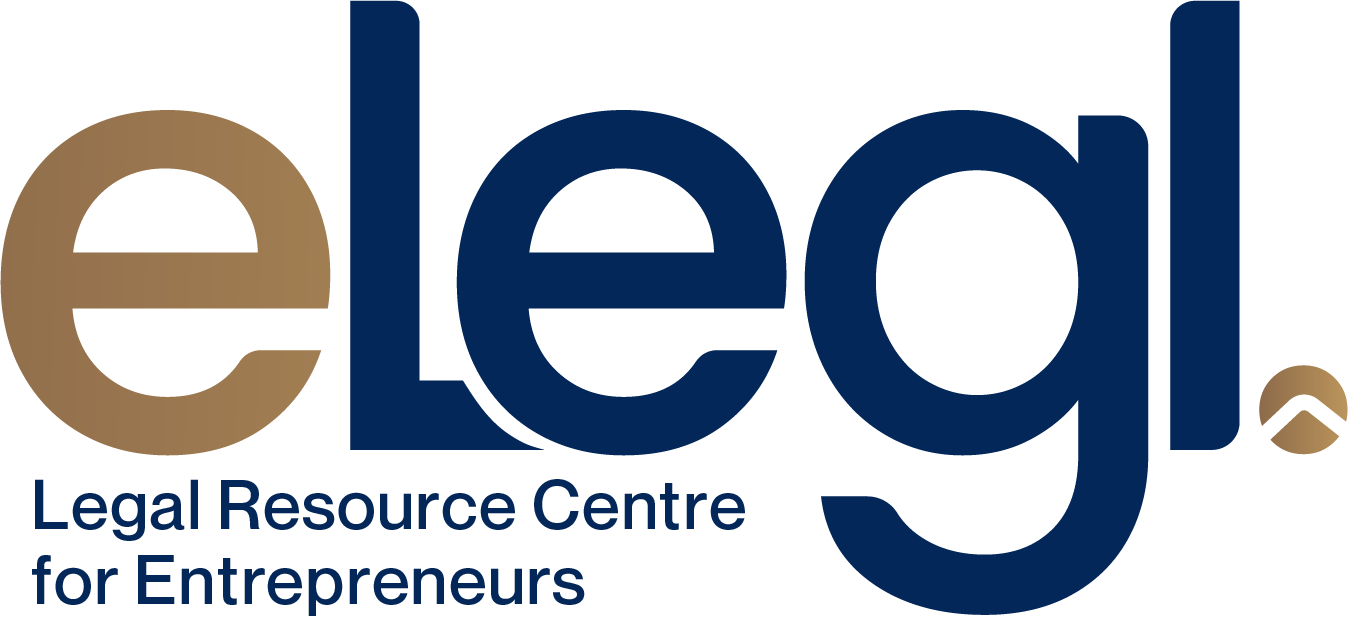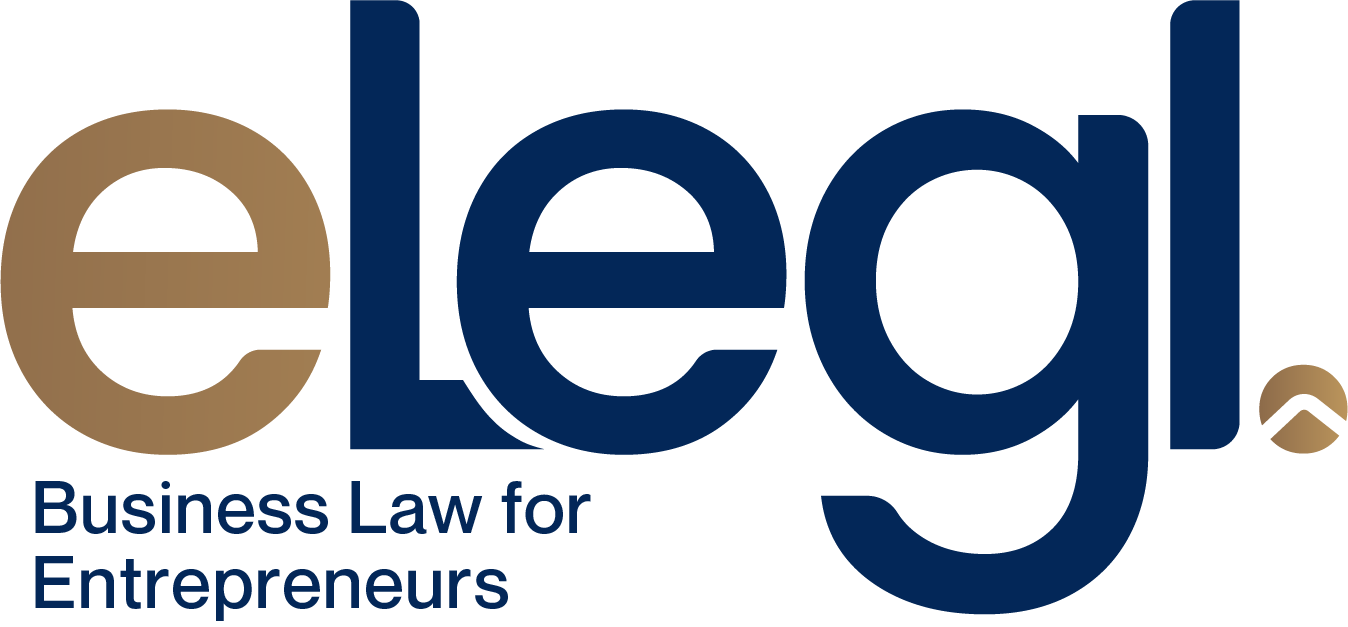
Legal Case Studies
Intellectual property
The doctrine of unclean hands extension to patent law: What is next after the Villa Crop case?
What is IP? The starting point is to ask: What are intellectual property rights (IPR) and what is the importance of protecting this right for businesses?
Well, IPR are the legally recognised rights that protect the creations of the human mind, and IP creates an important aspect of monopoly for commercial entities.
What laws apply? South Africa's IP regime has evolved over the years to align with international standards and meet the needs of a rapidly changing global economy. As such, IPR is regulated by a comprehensive legal framework.
The law affords protection to the following IPR:
- patent (regulated by the Patents Act 57 of 1978),
- trademarks (Trademarks Act 194 of 1993),
- registered designs and unregistered designs (Designs Act 195 of 1993),
- copyright (Copyright 98 of 1978),
- and trade secrets and confidential information.
What is my recourse if my IPR are infringed (theft or use without consent)?
Litigation - The remedies for IP infringement include injunctions, damages, fines, and delivery or destruction of the infringing goods. These measures ensure that IP owners can effectively protect their rights against third parties. With this in mind, the Constitutional Court in the case of Villa Crop (Pty) Limited v Bayer Intellectual Properties GmbH (Villa Case) delivered a unique judgment, extending the doctrine of unclean hands to patent law. The doctrine of unclean hands is often used by opposing parties as a defence tool. The doctrine is based on the principle that an applicant should not obtain their favourite outcome because of their own wrongdoing or unlawful conduct.
Villa Crop Case - In the Villa case, Bayer had a patent known as Movento, a chemical product containing an ingredient called spirotetramat registered in several European countries and in South Africa. Bayer instituted proceedings before the Commissioner of Patents (CoP) to interdict Villa Crop from infringing the basic patent by selling products containing spirotetramat. However, Villa Crop pleaded that the patent was not of a novel nature and that Bayer approached the courts in bad faith and with unclean hands. Thus, he pleaded for the patent to be revoked from registration and requested a special plea to apply the doctrine of unclean hands to its amendment. The CoP had refused to extend the said doctrine and the amendment on the basis that the statutory grounds for revocation were sufficient and that the doctrine was unapplicable to patent laws.
This resulted in Villa Crops approaching the Constitutional Court. On dealing with the issue of seeking any form of remedy by a party with "unclean hands", the Constitutional Court set aside the CoP’s decision, granted leave to appeal, and held that patent law cannot be exempted from the application of the doctrine.
The court’s decision was based on the idea that “abuse of process may occur just as surely among litigants who claim rights in the law of patents, as it does among those who would make claims in the law of contract or delict."
Ultimately, the court held that patent law cannot be exempted from the application of the doctrine of unclean hands. Thus, this means that the statutory grounds of revocation namely, lack of novelty and misrepresentation are embedded in our law in the Patent Act (section 65) are applicable. However, to ensure the prevention of abuse of process, courts can apply the doctrine of unclean hands in patent law cases to prevent abuse of process.
Learning from the case law - This case therefore sets a precedent for businesses with patent registration to act in good faith, given that defences for revocation of a registered patent can be obtained outside the ambits of the Patent Act where necessary. Thus, common law can be applied in patent cases on a case-by-case basis.

Thank you!
Coming soon
This course is under development.
Legal Models & Tools
We've got a whole bunch of models and tools for you! There were too many to load here. Submit your E-mail below the form and we will send you a pack filled with useful models and tools!